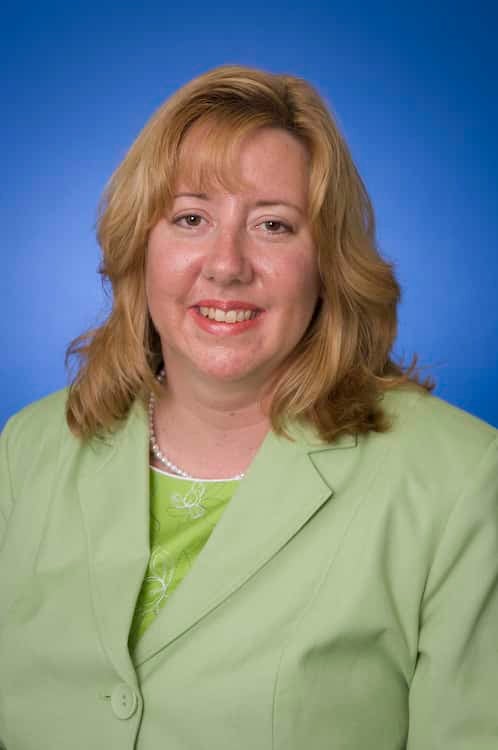Key Takeaways
Read NCOA's 2019 issue brief covering the rationale for extending Medicaid Home and Community-Based Services' Money Follows the Person Program for at least five years.
Extending the program is a common sense Medicaid reform and will allow states to continue progress.
MFP improves the lives of older adults and people with disabilities while assisting states with moving away from funding nursing homes in favor of more cost-effective HCBS.
Enacted in 2005 with strong bipartisan support, Money Follows the Person (MFP) is one of the longest running and most successful Medicaid demonstrations. It helps states transition older adults and individuals with disabilities from nursing homes back to their homes and communities. It also allows states to make it easier for individuals to access home and community-based services (HCBS).
Unfortunately, MFP will expire at the end of this year unless Congress takes action. NCOA supports the EMPOWER Care Act, introduced by Sens. Portman (R-OH) and Cantwell (D-WA) and Reps. Dingell (D-MI) and Guthrie (R-KY) to extend the program for five years (S. 548 and H.R. 1342). Extending the program is a common sense Medicaid reform and will allow states to continue progress. Currently, HCBS accounts for only 41% of spending for Medicaid long-term care programs targeting older people, people with physical disabilities, and those with serious mental illness. MFP improves the lives of older adults and people with disabilities while assisting states with moving away from funding nursing homes in favor of more cost-effective HCBS.
Read NCOA's 2019 issue brief outlining the rationale for extending Medicaid HCBS' Money Follows the Person Program for at least five years.






